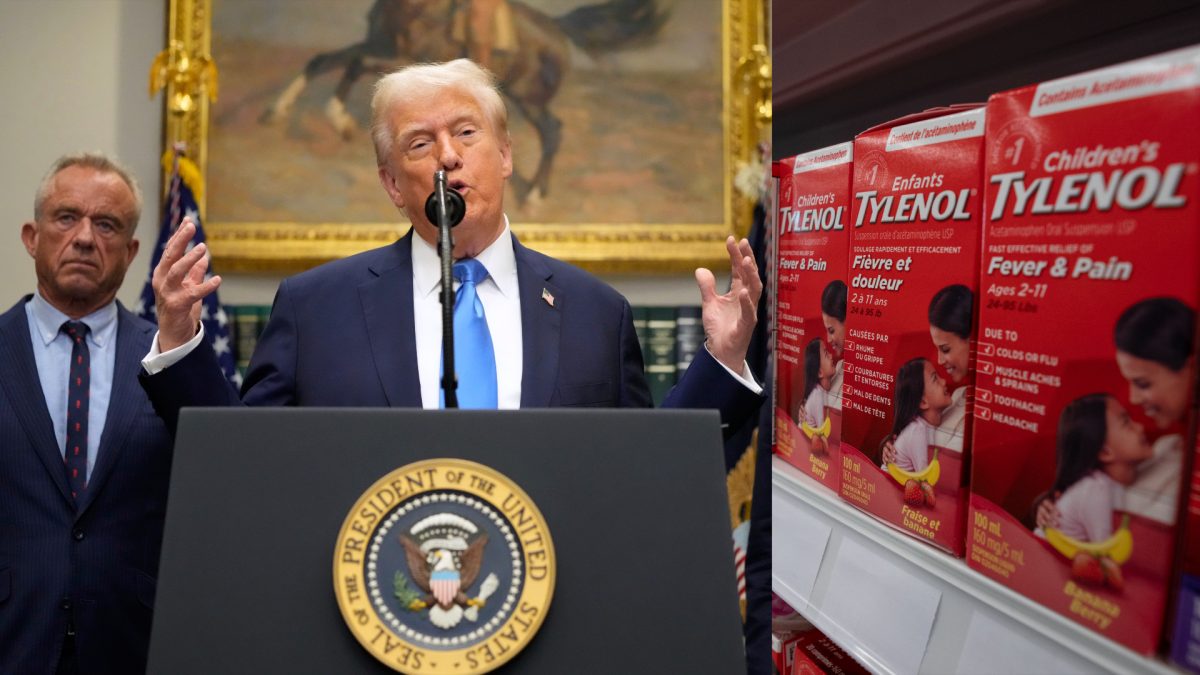President Donald Trump, with Health and Human Services Secretary Robert F. Kennedy Jr., has suggested that acetaminophen — the main active ingredient of Tylenol — may be associated with autism in children if taken by pregnant women. The administration asked the FDA to amend the safety label, and called on clinicians to encourage pregnant women to consider taking acetaminophen only at the lowest dose for the shortest duration if they have to use it.
Some experts have pushed back, saying the studies didn’t show a causal relationship, just associations. Studies using large populations with strict controls, including studies with sibling comparisons, didn’t show a causal relationship between the taking of Tylenol and autism. Other experts also say there are risks to patients from having potential untreated fever, and acetaminophen is also a widely used measure for treating pain or fever.
In response, the administration announced several actions: the FDA will begin the process of updating labels for acetaminophen, new public health campaigns are planned, and additional research is being funded. Health agencies in Europe and the UK, along with scientific organizations, have affirmed that current evidence does not support changing existing guidance about acetaminophen’s safety in pregnancy. Some lawmakers and medical societies have expressed concern that the claims could lead to confusion among pregnant women and potentially discourage use of medications that are considered safe and necessary in certain cases.









